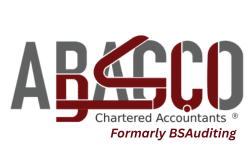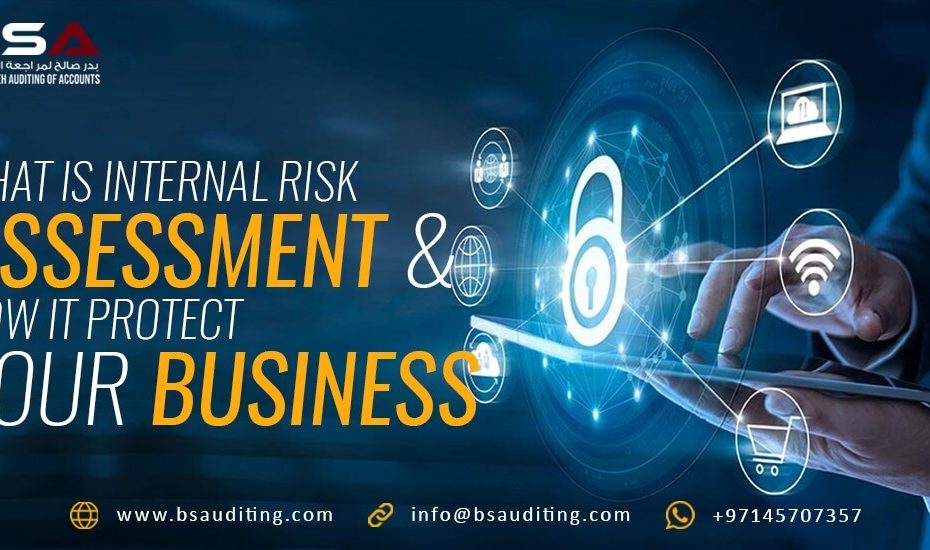Businesses are always exposed to various types of risks. A risk is the probability that an event may occur that will affect the attainment of goals. A risk may be small or huge, but in any case, it has negative impacts on overall health of the business. This is why it is crucial to ensure there are no looming dangers for the company. This is done by a process known as the Internal Risk Assessments. This article looks into what internal risk assessment is and how it is carried out, and why it is important for businesses.
Internal Risk Assessment
The examination of the likely material implications of unknown occurrences occurring, as well as the accurate identification, measurement, and prioritizing of such events, constitutes a risk assessment. The dependability and integrity of financial and operational information, the efficacy and efficiency of operations, compliance with laws and regulations, and asset protecting are all common categories of organizational objectives. There are several constituents of an internal risk assessment.
1. Identifying Hazards
Identifying hazards is the first and, possibly, most critical step. Take into account the industry in which your company works as well as external forces outside your control. Economic cycles and market circumstances, technological advancements influencing the organization’s goods or services, and supply prices are all industry considerations. Is the industry in which you work growing (expansion) or shrinking (recession)? Is it true that supplier prices are rising? Scaling your firm and preparing to execute a reduced operational approach may be important. It is also crucial to think about the entity’s entire character, including its activities, ownership structure, organizational governance, and overall financial health. Revenue streams and product or customer markets, outsourcing activities, geographic dispersion, major customers or suppliers, and associated parties are all part of business operations.
2. Legal and Regulatory Aspects
Take into account the legal and regulatory aspects. Industry-specific business practices, rules and regulations that have a substantial impact on operations, tax-related concerns, government policies, and environmental requirements are all examples of hazards that a firm faces. Have new legislation been approved by the government that will influence your operations, how you do business, or even raise taxes? It is critical to be knowledgeable about these concerns, and changes in the legal and regulatory environment may force you to reconsider how your company operates. A successful company steers itself according to the changing legal complexities and adapts to regulatory aspects quickly.
3. Understanding Business Health
It is also crucial to understand business performance metrics and evaluation of financial success. What key performance indicators are used to assess success, as well as to inspire and pay employees? How may workers try to sway performance metrics in their favor? Internal risk assessments perform this task in liaison with the Human Resource departments. Accountants and their yearly business reports provide a detailed insight into how the business is progressing.
4. Possible Employee Theft
Employee theft is a big risk concern for every business. It is critical to implement an internal control system to safeguard firm assets. Depending on the size of your company, this may be a significant task. However, failure to do so might result in asset theft, mistakes, fraud, and major misstatements in financial statements reporting.
Conclusion
Because risk variables vary over time, it is important to keep an eye on the risks your company faces and to conduct risk assessments as often as necessary. During this procedure, previously undisclosed dangers may be discovered. You can only adequately plan for and prepare your company to minimize the impact of risks on the attainment of your business’s objectives if you conduct a thorough risk assessment.
BS Auditing of Accounts provides the best services for internal risk assessments and has a team of the best and skilled professionals, trained to carry out the procedure efficiently. We provide the best consultation and assistance in these matters.
Book your consultation today for best interpretation and guidance related to internal risk assessments and other legal and accounting processes. Feel free to contact us.


